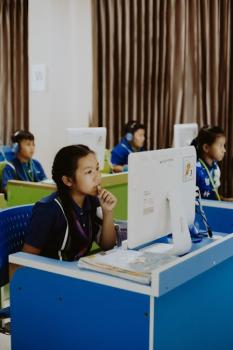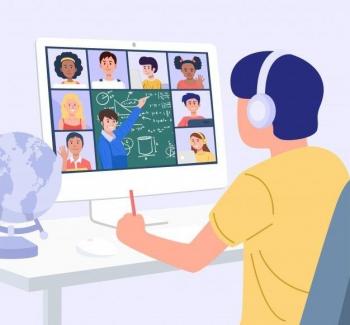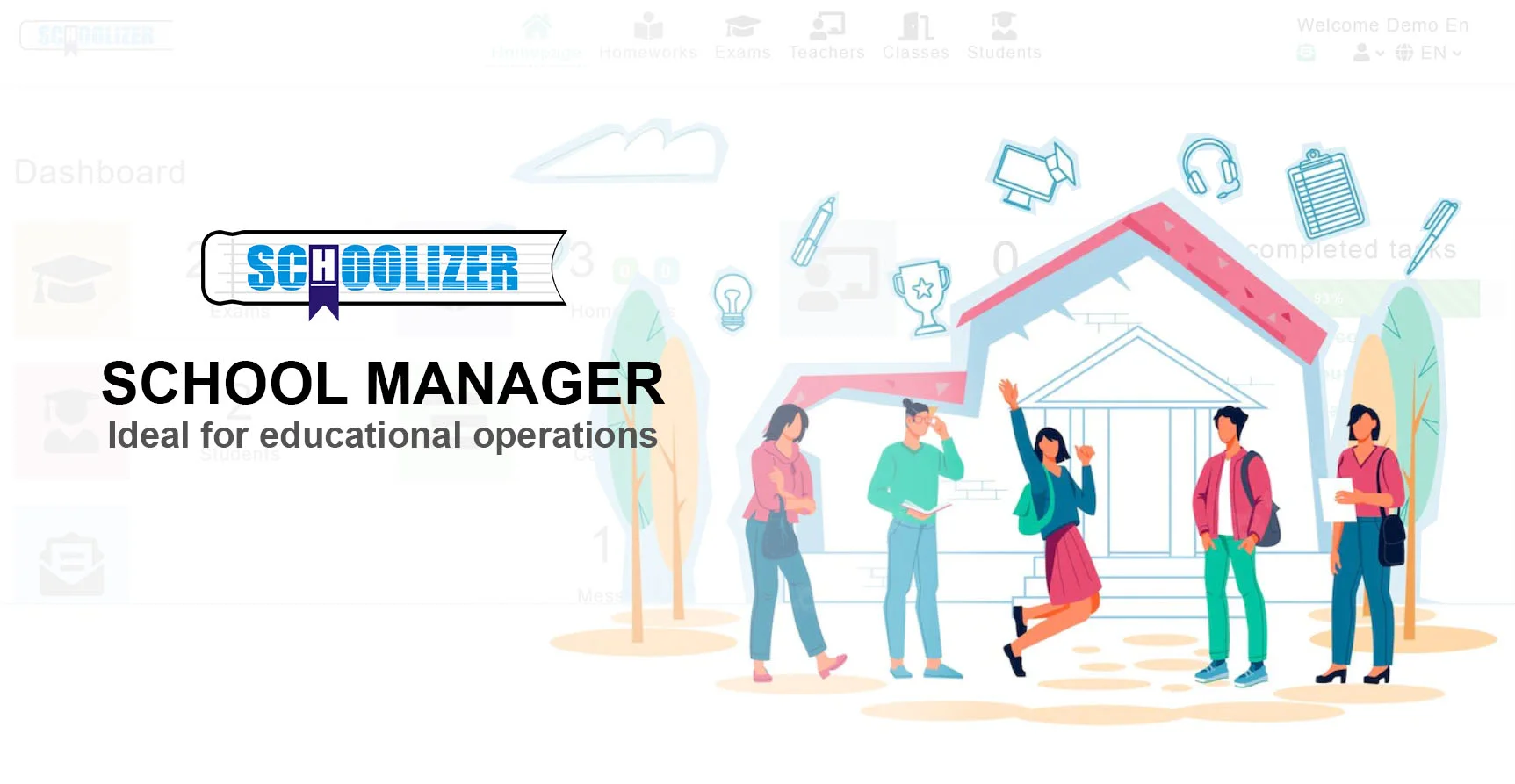The Uncertain Future of Climate Education: Why Teachers Fear Losing a Vital Federal Resource

The Uncertain Future of Climate Education: Why Teachers Fear Losing a Vital Federal Resource
What happens when a crucial educational resource suddenly disappears? How do teachers adapt when their primary source of climate science materials is at risk? Why is climate education becoming increasingly politicized in the United States? These are the pressing questions educators face as the federal government considers shutting down a widely used climate education website.
The Vital Role of the CLEAN Network in Climate Education
For over a decade, the Climate Literacy and Energy Awareness Network (CLEAN) has served as a cornerstone for science educators across America. This federally funded repository, hosted by the National Oceanic and Atmospheric Administration (NOAA), provides vetted, standards-aligned resources about climate change and energy science. Teachers from elementary to high school levels have come to rely on CLEAN's collection of lesson plans, interactive tools, and multimedia content to bring complex climate concepts to life in their classrooms.
Real-world example: In Colorado, middle school science teacher Jennifer Smith reports using CLEAN's interactive climate models to help students visualize how small temperature changes impact sea levels. "Without these visual tools," she explains, "abstract concepts about climate systems remain difficult for young learners to grasp."

Why the Potential Shutdown Sparks Concern
The possible discontinuation of CLEAN comes amid growing political tensions surrounding climate education. While no official announcement has been made, educators noticed the website's funding wasn't included in recent federal budget proposals. This omission follows a pattern of climate-related resource reductions under certain administrations, creating uncertainty about the future of science-based environmental education.
Practical impact: In Texas, where state standards minimize human-caused climate change, science teachers like Mark Rodriguez have depended on CLEAN to supplement outdated textbooks. "The website gave me scientifically accurate materials that aligned with national standards," Rodriguez notes. "If it disappears, I'll have to spend hours vetting resources myself."

The Growing Need for Climate Literacy
As climate change impacts become more visible through extreme weather events, educators argue that climate literacy is more crucial than ever. The CLEAN network doesn't just provide facts—it offers pedagogical tools to help students develop critical thinking skills about complex environmental issues. Studies show that students who receive comprehensive climate education are better equipped to evaluate scientific information and make informed decisions as citizens.
Practical application: In Florida, where rising sea levels directly impact communities, teacher Maria Gonzalez uses CLEAN's localized data sets to help students understand climate change's personal relevance. "When kids see projections for their own neighborhoods," she observes, "the issue transforms from abstract to urgent."

Challenges in Finding Replacement Resources
If CLEAN disappears, educators face significant hurdles in finding comparable alternatives. Unlike general science websites, CLEAN's materials undergo rigorous scientific review and are mapped to educational standards. Commercial alternatives often lack this vetting process, while free resources tend to be fragmented across multiple platforms, requiring extensive teacher time to compile and verify.
Real-world challenge: California's new climate change curriculum mandates make reliable resources essential. Veteran teacher David Chen estimates he'd need 10-15 hours weekly to recreate CLEAN's curated collection from scattered online sources—time most educators don't have.

The Political Dimensions of Climate Education
The potential shutdown reflects broader debates about climate science in education. Some states have passed laws restricting how climate change can be taught, while others have mandated comprehensive instruction. This patchwork approach creates confusion for teachers navigating different standards, making federal resources like CLEAN particularly valuable for maintaining scientific consistency.
Example of impact: In a survey of 500 science teachers, 78% reported using CLEAN to address controversial aspects of climate science with confidence, knowing the materials met scientific consensus standards.

What's Next for Climate Education?
As educators await official word about CLEAN's fate, many are exploring contingency plans. Some school districts are beginning to archive the site's resources, while professional organizations are discussing how to fill potential gaps. The situation highlights the need for stable, long-term solutions to support climate education—whether through federal programs, state initiatives, or nonprofit partnerships.
Looking ahead: The National Science Teaching Association has proposed creating a coalition of scientific organizations to maintain climate education resources if federal support diminishes, though such efforts would likely face funding challenges.







